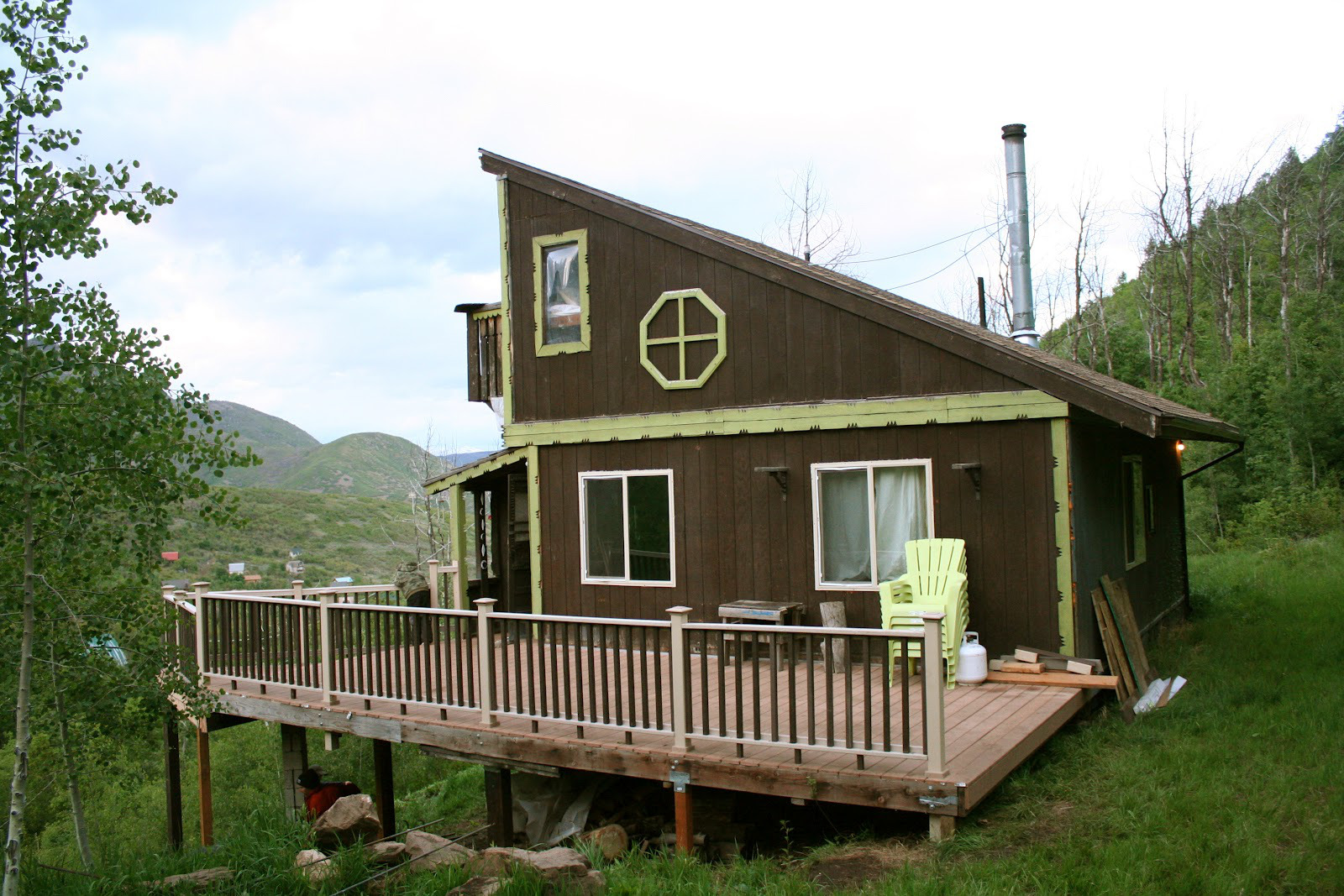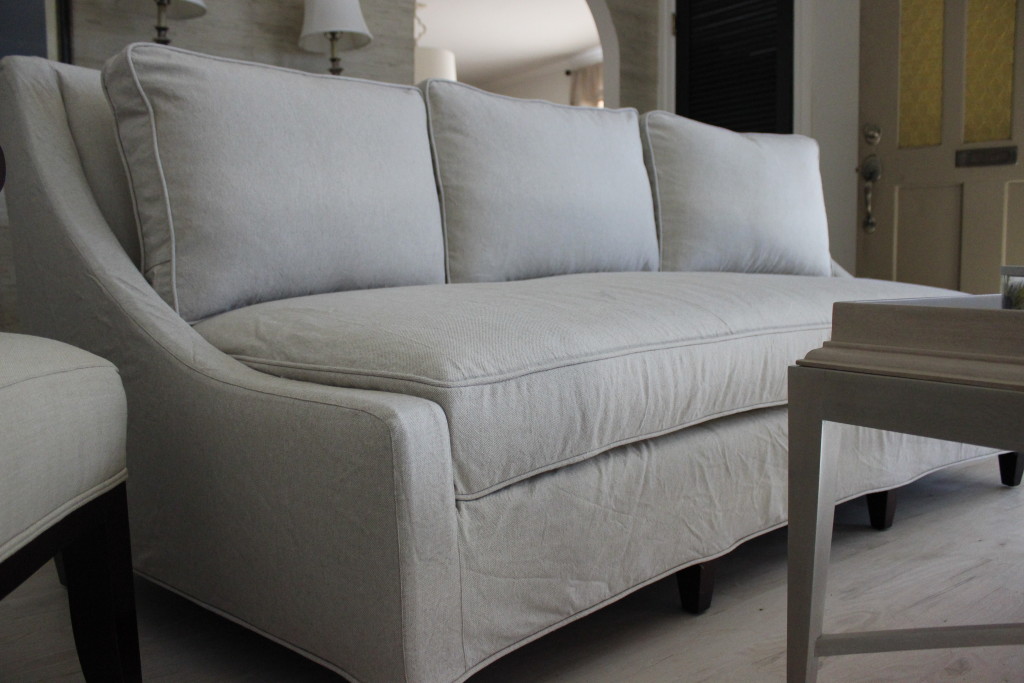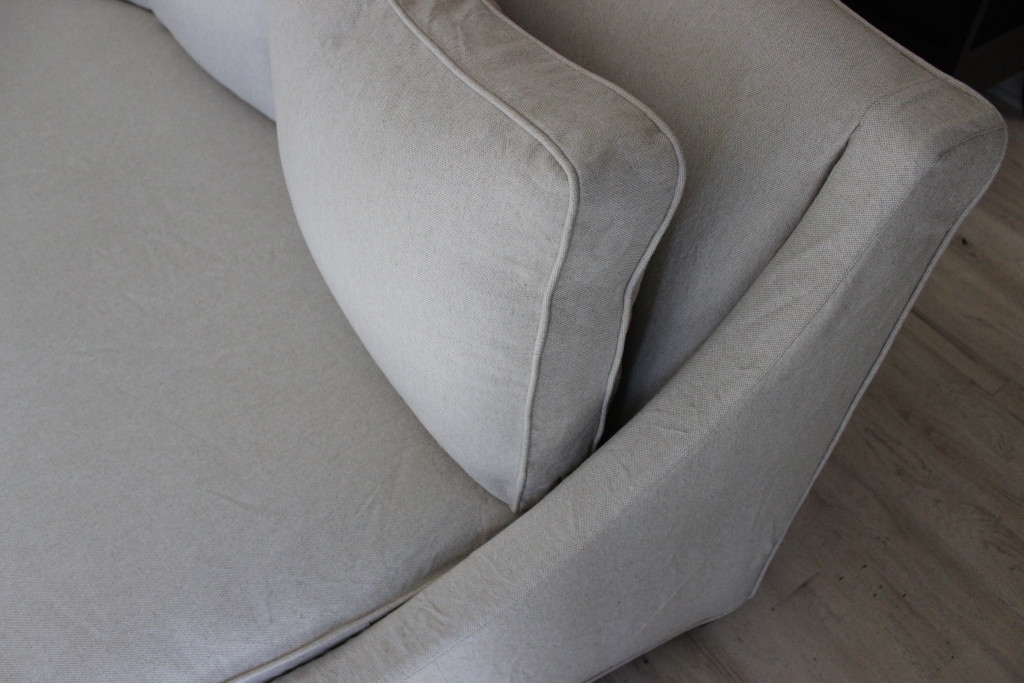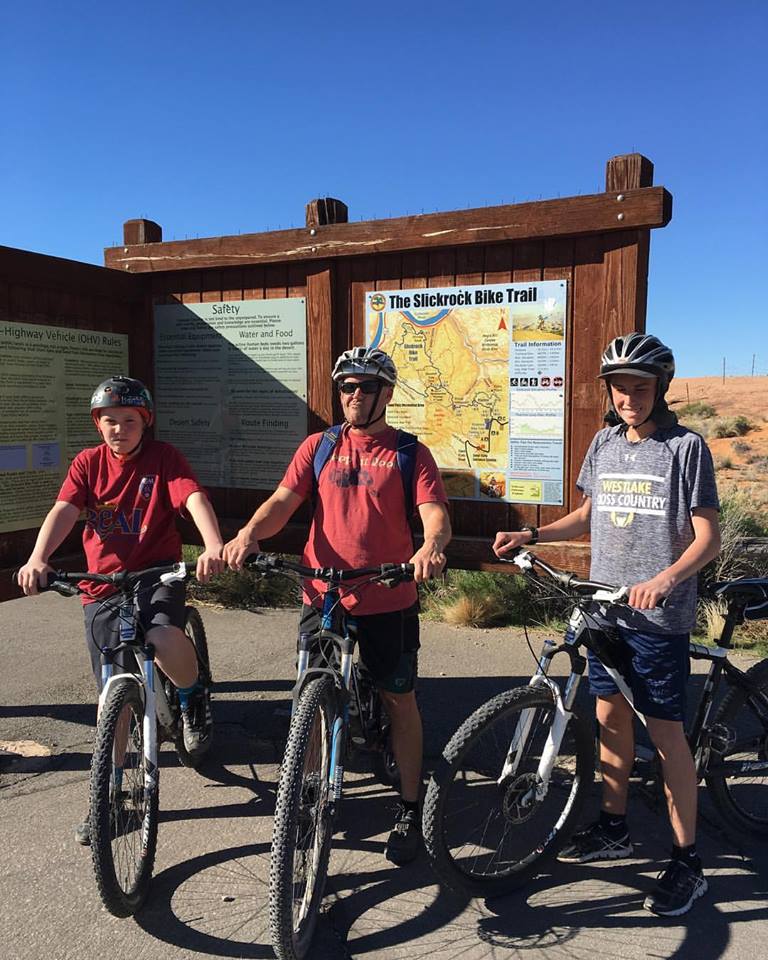My client wanted a new white linen loveseat slipcover. She loved her last one so much, the arms were worn through. This time there was enough fabric to make some arm pads to help with the wear and tear.
BEFORE–The previous slipcover was completely worn out, but the underneath muslin body was still in perfect shape.
AFTER–New chunky white linen fabric, down cushions, and arm pads to finish it off. I still adore her coffee table that I admired 4 years ago when I made the last slipcover. She said it was a stacking antique plant stand.
The linen was heavy weight, so I did a 1.5″ blind hem along the bottom edge.
Side notes-
-My Slipcover Workshop is this weekend!
-My oldest son gets his license in 6 weeks! He can’t wait, and neither can I.
-Half way through spring soccer with my two youngest boys. 4 games/week! I forget what it feels like to make dinner. It’s fend for yourself about every night.
-Checking out McCall, Idaho next weekend with my mom and sisters for our next family reunion.
-Running the Moab Red Rock Relay race in a few weeks.
-Got the cabin up and going for the season. Spent about 5 hours cleaning and reinstalling clean slipcovers, curtains, and bedding. We also switched out the bunkbed for a twin over full bunk, to accommodate another couple . We had our first guests of the season stay last weekend!












